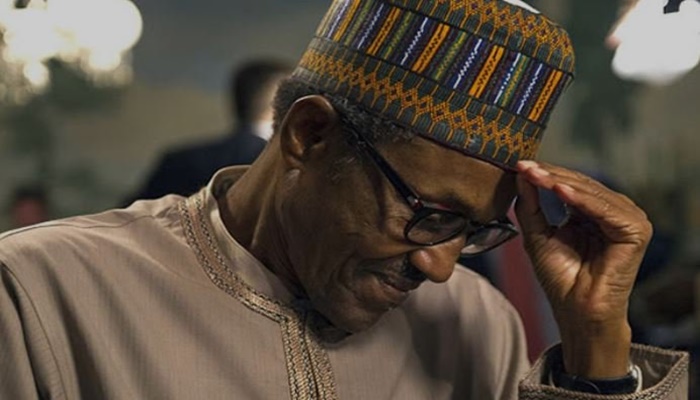LCCI says Nigeria’s economy in dire straits, will go into recession in Q3 2020
With inflation and unemployment rates reaching an all-time high of 12.82 per cent and 27.1 per cent, respectively, in the second quarter of the year, the Lagos Chamber of Commerce and Industry (LCCI), has described the nation’s economy as facing serious challenges and might go into recession at the end of the third quarter.
The Chamber, in a reaction, on Monday, through its Director-General, Dr Muda Yusuf, to the second-quarter GDP report, released on Monday by the National Bureau of Statistics (NBS), also expressed concern at the decline in national output in the second quarter of 2020, which saw the economy contract by a record 6.1 per cent, during the period, and marking the steepest quarterly contraction in the nation’s recent economic history.
According to the Chamber, the contraction recorded in the second quarter of the year had also ended the three-year trend of marginal, but positive growth era, the Nigerian economy had recorded, after exiting recession in Q2-2017.
It, therefore, stressed the need for policymakers to reflate the economy, and tackle the twin challenge of rising inflation and unemployment rates so as to put the economy back on track.
The Chamber also expressed concerns that the nation’s manufacturing sector, with a contraction of 8.78 per cent, during the period, had continued to struggle with growth before the outbreak of the novel coronavirus, despite being one of the biggest beneficiaries of CBN’s loan-to-deposit policy.
“Manufacturing sector contracted by 8.78 per cent in Q2-2020 compared with a marginal 0.43% growth in the previous sector. We note that of the 13 sub-sectors in the manufacturing space, only two sectors – chemical & pharmaceutical products and motor vehicles & assembly reported positive growths, while the other 11 sub-sectors had negative growth.
“In our view, we believe the weakness of the manufacturing sector was due to global & domestic supply chain disruptions, foreign exchange illiquidity, weak consumer spending and high operating costs,” the Chamber stated.
The Chamber stated that though there had been a gradual reopening of the economy, business and commercial activities still remain subdued.
It, therefore, predicted that with the likelihood of protraction of the public health crisis, and with no vaccine in sight, the nation’s economy might contract in the third quarter of the year, thereby marking the second recession to be experienced under the watch of the present administration.




